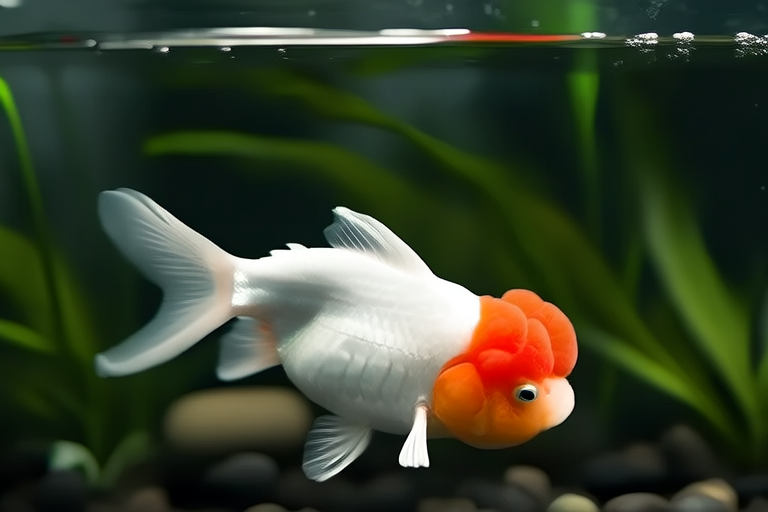The Ultimate Guide to Feeding Your Goldfish Like a Pro
Goldfish are one of the most popular pets worldwide, cherished for their vibrant colors and graceful movements. However, to ensure they lead long, healthy lives, it’s crucial to understand their dietary needs and how to meet them effectively. Proper nutrition plays a pivotal role in the overall health and longevity of your goldfish. This guide will walk you through everything you need to know about feeding your goldfish like a pro, from understanding their dietary requirements to maintaining water quality.
Understanding Goldfish Dietary Needs
Goldfish are omnivores, which means they require a balanced diet that includes both plant-based and animal-based foods. Their digestive systems are designed to process a variety of nutrients, including proteins, fats, carbohydrates, vitamins, and minerals. It’s essential to provide a diet that mimics their natural feeding habits as closely as possible. Goldfish have small stomachs and short intestines, so they need frequent, small meals rather than large ones.
Types of Food Suitable for Goldfish
Flakes
Flakes are one of the most common types of food for goldfish. They’re convenient, easy to use, and come in various formulations to cater to different life stages and dietary needs. High-quality flakes can provide a good balance of nutrients, but they may not offer the same nutritional value as other types of food. Always choose flakes specifically formulated for goldfish, not tropical fish, as their nutritional needs differ.
Pellets
Pellets are another excellent option for goldfish. They sink to the bottom of the tank, making them ideal for bottom-feeding fish. Pellets are generally more nutritious than flakes and can help keep your goldfish healthy and active. Look for pellets made from high-quality ingredients and avoid those that contain fillers or artificial preservatives.
Live or Frozen Foods
Incorporating live or frozen foods into your goldfish’s diet can significantly enhance their nutritional intake. These include bloodworms, brine shrimp, daphnia, and tubifex worms. Live foods can be beneficial for breeding fish or those recovering from illness, while frozen foods are safer and easier to store. However, they should be used sparingly, as over-reliance on these can lead to water quality issues.
Recommended Feeding Quantities and Frequency
Feeding your goldfish the right amount is crucial. A general guideline is to feed your goldfish twice daily, providing enough food that they can consume within two minutes. Overfeeding can lead to health problems and water quality issues. Adjust the quantity based on the number of fish and their size. Younger or smaller fish may require more frequent, smaller meals.
Risks of Overfeeding and Signs of Malnutrition
Overfeeding can cause serious health issues for your goldfish. Excess food left uneaten can decompose in the tank, leading to poor water quality, increased ammonia levels, and potentially fatal diseases. Signs of overfeeding include bloated bellies, lethargy, and reduced appetite. On the other hand, malnutrition can result from insufficient or imbalanced diets. Signs of malnutrition include loss of color, stunted growth, and listlessness.
Maintaining Water Quality After Feeding
After feeding, it’s important to monitor and maintain water quality. Uneaten food and fish waste can quickly degrade water quality, so regular partial water changes are necessary. Use a siphon to remove any excess food and debris from the substrate. Additionally, ensure your filtration system is adequate for the size of your tank and the number of fish. Regular water testing will help you maintain optimal conditions.
Adapting Feeding Routines Based on Goldfish Age and Health Conditions
The dietary needs of goldfish can change throughout their lifecycle and depending on their health status. Juvenile goldfish grow rapidly and require more frequent, nutrient-rich meals. As they mature, reduce the frequency of feedings but increase the portion sizes. For older goldfish, focus on easily digestible foods. If your goldfish is recovering from illness or surgery, consult a veterinarian for specific dietary recommendations.
By following these guidelines, you’ll be well on your way to becoming a goldfish feeding expert. Remember, each goldfish is unique, and what works best for one might not work for another. Pay attention to your fish’s behavior and adjust their diet accordingly. With the right approach, you can ensure your goldfish enjoys a long, healthy, and happy life.
